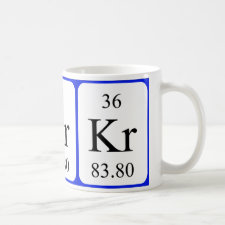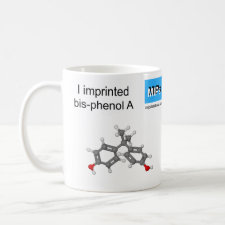
Authors: Wu YZ, Zhuang LZ, Ma BB, Chen SX, Xu XZ, Zeng YQ
Article Title: Preparation of a surface molecularly imprinted fiber for bisphenol A recognition.
Publication date: 2014
Journal: Journal of Polymer Research
Volume: 21
Issue: (6)
Page numbers: Article No 468.
DOI: 10.1007/s10965-014-0468-6
Abstract: Surface molecularly imprinted polypropylene-based fibers for specifically recognizing bisphenol A (BPA-MIF) have been prepared through non-covalent surface molecular imprinting and self-assembly post-polymerization techniques. Acrylic acid (AA) was grafted onto pre-irradiated polypropylene (PP) fiber, and then polyethyleneimine (PEI) was assembled onto the AA grafted fiber surface to introduce amine groups for binding BPA templates from its aqueous solution. The imprinted binding sites were stabilized by cross-linking with glutaraldehyde in the presence of BPA templates. The Scatchard analysis indicated that two classes of amine binding sites were formed in the imprinted fiber BPA-MIF. The maximum adsorption capacity and association constant were 85.9 μmol/g and 56.1 μmol/L, respectively. The selectivity of BPA-MIF fibers for BPA against its analogues was obviously increased by adopting the surface molecular imprinting technique. In this work, a new path was given for the preparation of molecular imprinting materials in water system for other toxics with low solubility in aqueous solution
Template and target information: bisphenol A, BPA
Author keywords: Polypropylene fiber, self-assembly, bisphenol A, surface molecular imprinting, polyethyleneimine



Join the Society for Molecular Imprinting

New items RSS feed
Sign-up for e-mail updates:
Choose between receiving an occasional newsletter or more frequent e-mail alerts.
Click here to go to the sign-up page.
Is your name elemental or peptidic? Enter your name and find out by clicking either of the buttons below!
Other products you may like:
 MIPdatabase
MIPdatabase









